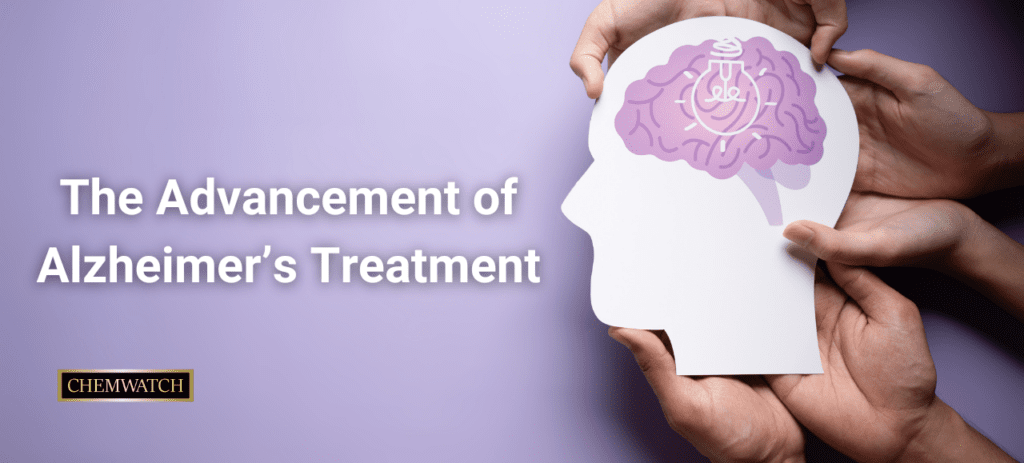
Alzheimer’s disease is a type of dementia that causes cognitive degeneration in thinking, memory, and behaviour, thereby hindering the ability to complete everyday tasks and functions. However, scientists have made advancements in medical research and are paving the way for promising avenues for managing neurological decline and other symptoms. With increasing awareness of Alzheimer’s and its effects, developing medication might have the potential to alleviate and delay the onset and progression of the disease.

Effective drugs, such as disease-modifying drugs or immunotherapies, are necessary to slow down or completely stop the growth of Alzheimer’s. In particular, immunotherapies are intended to target the clearing of amyloid plaques from the brain to delay cognitive decline, and as of late, three promising immunotherapy drugs have shown potential in tackling the disease:
Although immunotherapy and disease-modifying drugs are a crucial part of the treatment process, it is critical to establish a comprehensive strategy with a number of interventions to effectively tackle Alzheimer’s.
It is important to note that cholinesterase inhibitors, such as donepezil, rivastigmine, and galantamine, remain a cornerstone of Alzheimer's treatment. These medications enhance communication between brain cells by increasing levels of acetylcholine, a neurotransmitter essential for memory and learning. They can improve cognitive function and quality of life for some patients, especially in the early stages of the disease.
Memantine, an N-methyl-D-aspartate (NMDA) receptor antagonist, is another medication approved to treat moderate to severe Alzheimer's disease. It works by regulating glutamate, a neurotransmitter that can become toxic in excessive amounts, contributing to cognitive decline.
Behavioural interventions, including cognitive stimulation therapy and reminiscence therapy, can also positively impact patients' well-being. These interventions engage patients in activities that stimulate memory and cognitive function, fostering social interaction and reducing feelings of isolation.
The emergence of three new drugs on the horizon can potentially give many people and their families newfound hope for treating Alzheimer’s, increasing chances of better prospects for their overall well-being and future.
If you want to know more about the environmental and health effects of chemicals, or how to minimise risk while working with chemicals, we’re here to help. We have tools to help you with mandatory reporting, as well as generating SDS and Risk Assessments. We also have a library of webinars covering global safety regulations, software training, accredited courses, and labelling requirements. For more information, contact us today, contact us today!
Sources:
https://www.nia.nih.gov/health/how-alzheimers-disease-treated